In the fast-paced world of the NBA, drama and tension often extend beyond the court. Recently, a bit of controversy surrounding Karl-Anthony Towns, the Minnesota Timberwolves’ star big man, made waves. Towns’ absence in a recent game against the New York Knicks sparked some drama when Golden State Warriors’ Draymond Green accused him of “ducking” the game, suggesting that Towns was avoiding facing the Warriors due to their tough reputation and recent dominance.
This accusation immediately caught the attention of fans, players, and pundits alike, especially as the Timberwolves faced the Knicks without Towns in the lineup. Towns, who has been one of the most talented and versatile big men in the league, quickly responded to the claims with an explanation of his absence, revealing a personal issue that had nothing to do with Green’s accusations. This situation raises multiple layers of intrigue: how will Towns handle Green’s comments? How does this affect his relationship with his peers? And what does this tell us about the broader dynamic in the NBA between players, teams, and the media?
### **The Drama Unfolds: Draymond Green’s Accusation**
The controversy began when Karl-Anthony Towns was not listed on the Minnesota Timberwolves’ roster for their match-up with the New York Knicks. A significant part of the buzz around the game was that the Timberwolves’ star was absent during an important contest, especially one where the Timberwolves would need all hands on deck to compete against a solid Knicks team.
As the game went on, Warriors’ forward Draymond Green took to social media to stir the pot, calling out Towns in what appeared to be an offhand jab. Green, who is no stranger to stirring up drama on and off the court, accused Towns of “ducking” the game. In essence, Green implied that Towns didn’t want to face the Warriors because of their defensive intensity, challenging the Timberwolves’ star to step up and confront the competition head-on.
Draymond’s comments were not necessarily out of character for the fiery veteran, but they certainly added fuel to a fire that could have been avoided. Green is well-known for his outspoken nature and his penchant for trying to get inside opponents’ heads, often using mental warfare to gain an advantage. His criticism was pointed, and it was clear that he was attempting to call Towns out publicly, perhaps in an attempt to provoke a response.
### **Towns Responds: The Real Reason for His Absence**
Towns didn’t let Green’s comments slide under the radar for long. In a recent interview, the Timberwolves’ center addressed the situation head-on, providing clarity on the real reason for his absence. According to Towns, his reason for missing the game against the Knicks had nothing to do with avoiding the Warriors or fearing Green’s challenge. Instead, he explained that he had been dealing with a personal issue that required his attention. The absence was simply due to an off-the-court matter that took precedence over basketball.
While Towns did not dive into the specifics of the personal issue, he made it clear that it was unrelated to any fear or hesitation about facing the Warriors or any other team. He also indicated that the timing of his absence was unfortunate and that he was disappointed he couldn’t be there for his teammates during the game. The star center went on to emphasize that his commitment to his team and the game was unwavering, stating that no external factors, such as media accusations or Green’s public commentary, would affect his dedication to his craft.
This revelation put Green’s accusations into a different light. It now appeared that Draymond had been unnecessarily provocative, jumping to conclusions without understanding the full context. Towns’ absence was not a calculated decision or a strategic move to avoid a challenging game. Instead, it was simply a player tending to personal matters, as is the right of anyone dealing with life outside of basketball.
### **Draymond Green’s Public Persona and the Need for Attention**
Draymond Green is no stranger to controversy. Throughout his career, he has positioned himself as one of the most outspoken and polarizing players in the NBA. Whether it’s his fiery temperament on the court or his social media posts aimed at stirring the pot, Green has cultivated an image as someone who is never afraid to speak his mind, even if it rubs others the wrong way.
It’s possible that Green’s comments about Towns stemmed from a deeper frustration. The Warriors, despite their recent dominance in the NBA, are in a period of transition. They are trying to recapture their former glory, and players like Green are looking for ways to maintain their edge. Publicly calling out players like Towns might be a tactic to assert dominance or get into the heads of competitors. It could also be an effort to reignite some of the competitive fire that the Warriors once had, using social media as a platform for his brash comments.
While Green’s role as a leader on the Warriors is undeniable, his need to insert himself into other teams’ business, especially when the facts are not fully known, may be a reflection of his sometimes overstated desire to remain in the limelight. In this instance, his accusation seemed more about stirring the pot than making a legitimate critique of Towns’ character or abilities.
### **The Impact on Karl-Anthony Towns’ Image**
For Karl-Anthony Towns, the situation with Draymond Green presents a difficult balancing act. On the one hand, Towns did the right thing by addressing the situation calmly and explaining his absence in a professional manner. On the other hand, Green’s public jab created a narrative that could have damaged Towns’ reputation, especially among casual fans who might not have been aware of the true reason for his absence.
Towns’ image as a player has always been that of a talented big man who is capable of dominating in the post, but who sometimes struggles to consistently assert his presence in high-pressure situations. This public spat with Draymond Green could add to that narrative, portraying Towns as someone who might avoid tough match-ups or not live up to expectations in critical moments. The fact that Green’s accusations were based on a misunderstanding could, in some ways, unfairly tarnish Towns’ reputation if not adequately addressed.
However, Towns’ ability to handle the situation with grace and professionalism could also help to strengthen his image in the eyes of his peers and the broader NBA community. By not engaging in a war of words with Green, Towns showcased maturity and emotional control—qualities that are often overlooked when analyzing a player’s overall value.
### **The Bigger Picture: NBA Rivalries and Media Fuel**
The situation with Towns and Green is a perfect example of how media and player interactions can fuel rivalries and narratives. NBA players, particularly stars like Towns and Green, are not just competing for championships—they are also constantly aware of their public image, the pressure of expectations, and the way they are perceived by fans and the media.
Draymond Green’s attempt to publicly call out Towns reflects the growing trend in the NBA where players are not just engaging in on-court rivalries, but also creating drama off the court to boost their own profiles. Whether it’s through social media posts, interviews, or comments aimed at other players, the line between competition and entertainment often blurs. For Towns, handling this drama with dignity is essential for maintaining his focus and continuing to grow both as a player and as a leader for the Timberwolves.
### **Conclusion: What’s Next for Karl-Anthony Towns?**
Karl-Anthony Towns’ absence from the Knicks game and Draymond Green’s subsequent accusations have certainly sparked some controversy, but in the end, the situation provides an important lesson in handling media-driven drama. Towns’ ability to address the issue head-on and clarify the misunderstanding shows his maturity and commitment to his team.
As for Green, his attempt to stir the pot may have backfired, as the truth of Towns’ absence was far from the narrative he painted. The situation, however, adds another layer to the complex dynamics of NBA rivalries—where competition on the court is often matched by the battle for public perception off it. Towns will likely use this incident as fuel to continue his development as one of the league’s top big men, and as a reminder that, in the NBA, nothing is ever just about the game on the court.
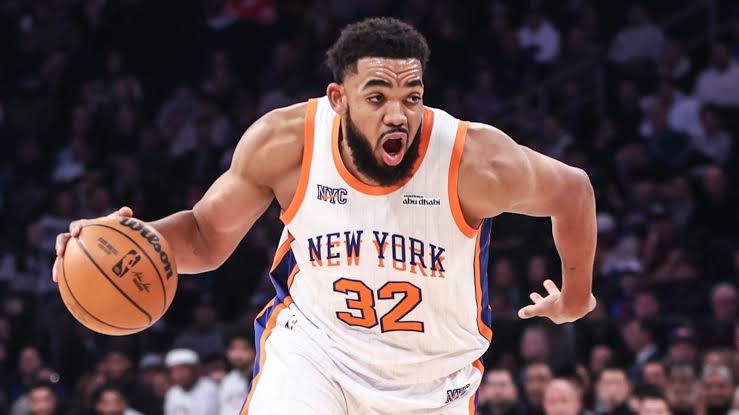
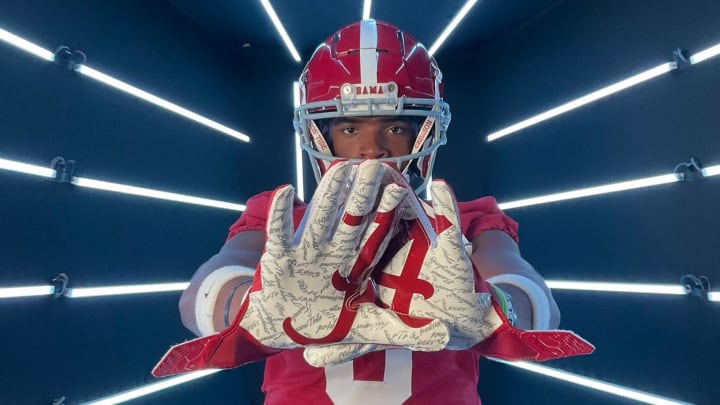
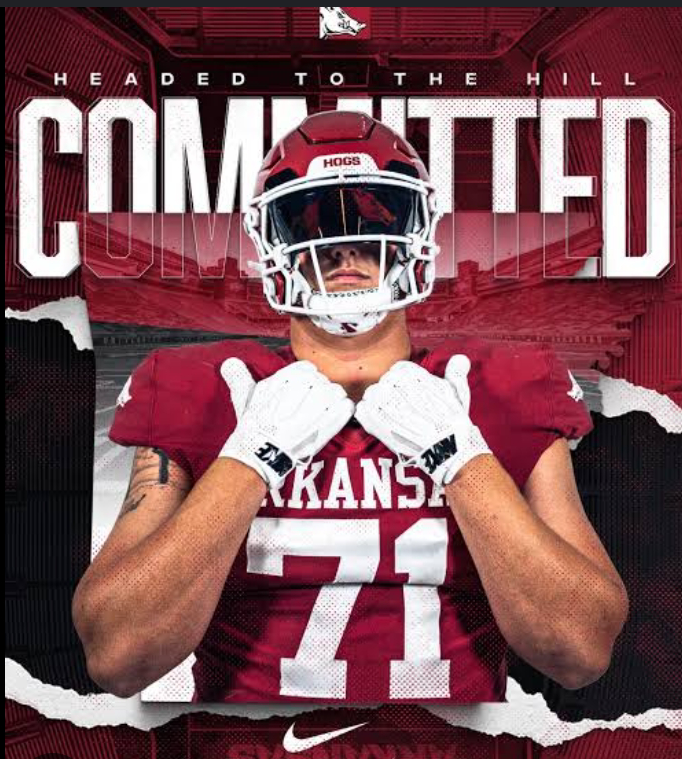
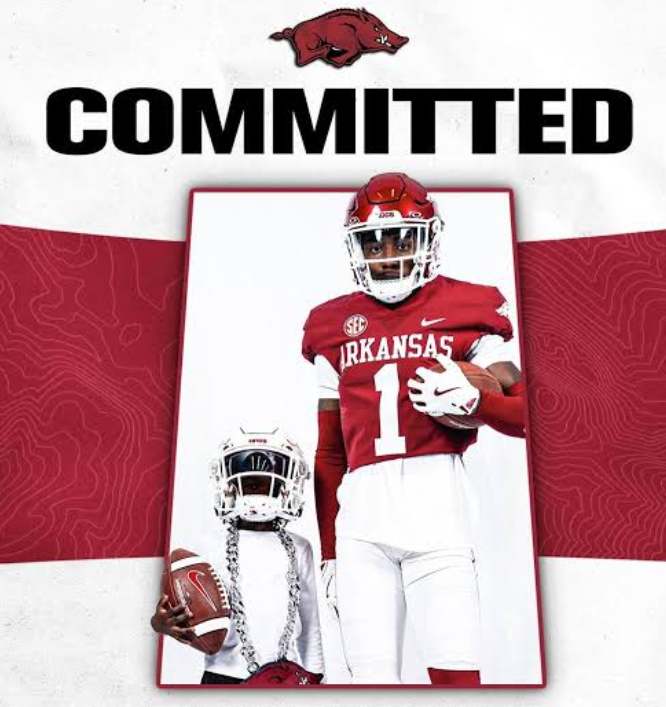
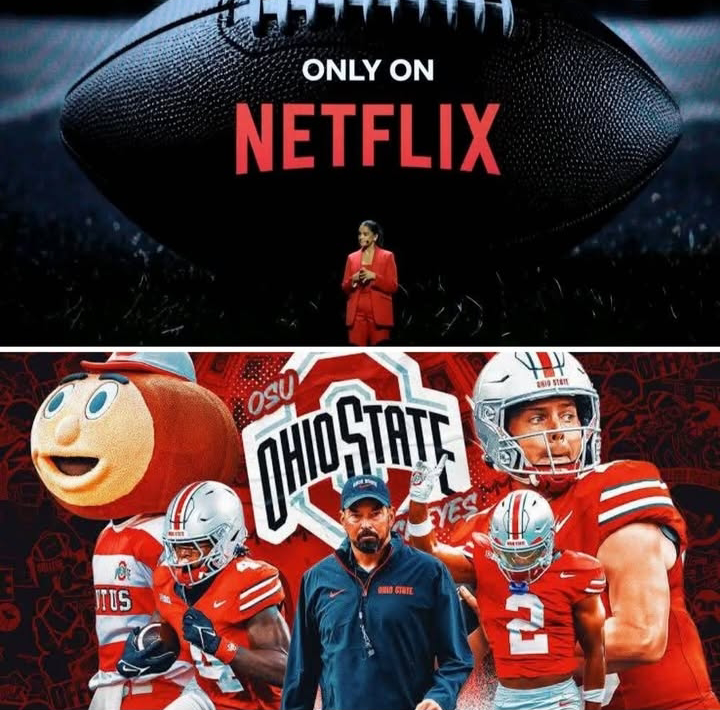
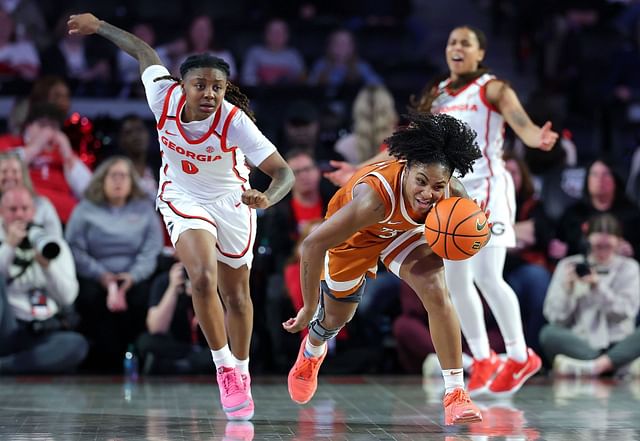
Leave a Reply